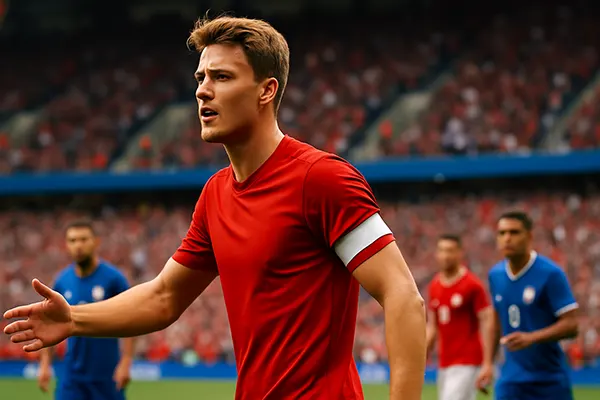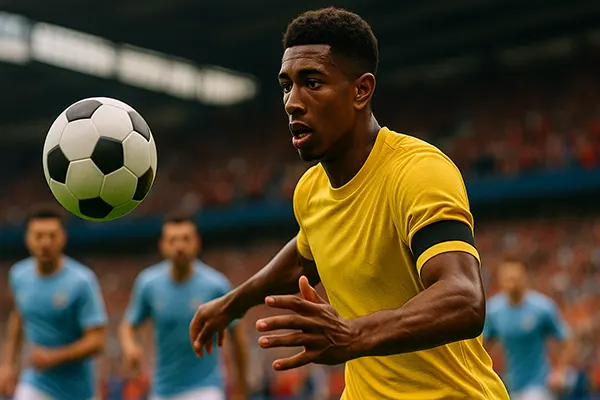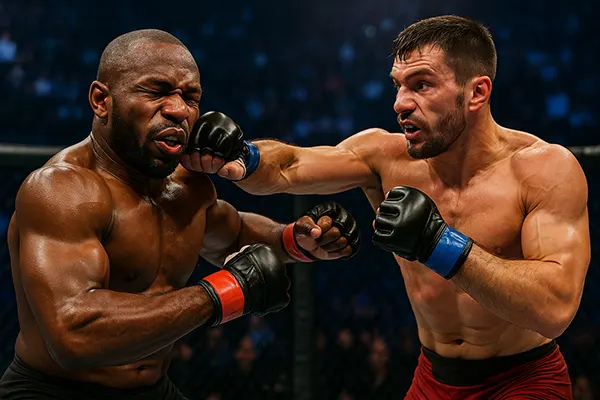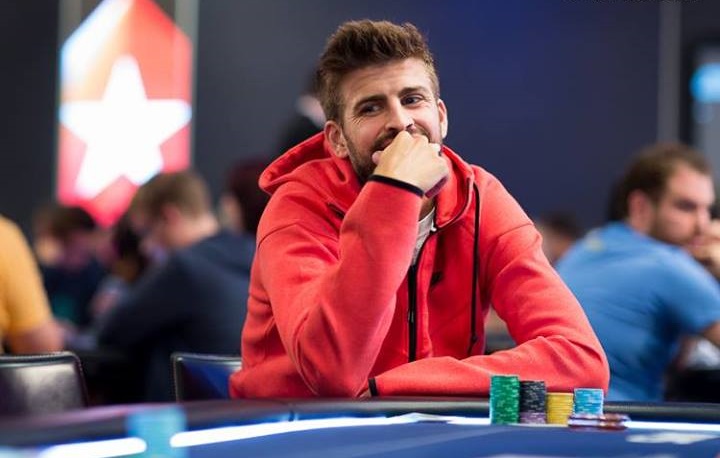Young Captains: The Rise of a New Generation of Football Leaders

In the ever-changing landscape of global football, a new breed of young captains is emerging — dynamic, confident and tactically mature beyond their years. These players are not only proving themselves on the pitch but also stepping up as key voices in their teams’ locker rooms. Their rise is a reflection of changing leadership ideals, where age matters less than insight, emotional intelligence, and adaptability.
The Evolving Role of Captains in Modern Football
Traditionally, the armband belonged to the most senior member of the squad — a player with a decade of service or someone who had won every possible trophy. However, modern football is shifting toward captains who serve as cultural conduits between coaches and players. Leadership now demands communication skills, media readiness, and emotional maturity as much as physical dominance or tactical experience.
In June 2025, many top clubs and national teams have entrusted their captaincy to players under the age of 25. For instance, Arsenal continues to flourish under 25-year-old Martin Ødegaard’s stewardship, with his on-field composure and off-field professionalism winning praise. The same can be said for Pedri at Barcelona, who, despite being only 22, embodies consistency and vision in both domestic and international competitions.
This shift has been partly influenced by generational change, where Gen Z athletes are more accustomed to sharing responsibility, expressing vulnerability, and engaging with fans on a personal level. These characteristics align well with what clubs now seek in their captains: unity, approachability, and clear communication.
Leadership Through Play: Performance as a Statement
Young captains today lead by example. Their performance metrics often speak louder than speeches. Players like Jude Bellingham, Real Madrid’s midfield engine at only 22, not only deliver match-winning performances but also exhibit match control, positional awareness, and pressing intensity typical of seasoned professionals.
Another standout is Gianluigi Donnarumma, the 26-year-old PSG and Italy goalkeeper, who has captained both club and country in high-pressure situations. His maturity was evident during the 2024 UEFA Nations League and Euro 2024 qualifiers, where his vocal command and penalty-saving record kept his side competitive.
Rather than relying on legacy or hierarchy, these players have earned the armband by consistently outperforming peers and showing resilience in pressure moments. Their leadership is rooted in tactical reliability and the ability to adapt strategies mid-game, a key skill in modern, fast-paced football ecosystems.
Challenges and Criticism Faced by Young Captains
With great responsibility comes intense scrutiny. Young captains are often criticised for lack of “gravitas” or not having the dressing room under control. Media narratives occasionally portray them as too green or emotional to lead elite squads, especially in countries with deeply entrenched football traditions like Italy, England, and Germany.
Take the example of Kai Havertz, who captained Germany in a few 2024 friendlies and qualifiers. Despite strong performances, his leadership was questioned when Germany stumbled against tactical opponents like Hungary and Croatia. Critics claimed his body language was too passive, overlooking his contributions in possession retention and transition play.
These criticisms highlight the double standards young leaders face — where their mistakes are magnified, but their successes often dismissed as collective effort. However, many of these captains use the criticism as fuel for development. Clubs now support their young leaders with sports psychologists and leadership mentors to fortify their mental strength.
Media Pressure and Public Expectation
In the digital age, captains are not just team leaders but public figures with 24/7 exposure. Every post-match interview, tweet, or sideline gesture is dissected and analysed. For young captains, this creates additional burdens, especially when managing squad controversies or responding to defeats.
During Euro 2024, Declan Rice, still only 26 and co-captain at Arsenal, was scrutinised for England’s midfield struggles. Despite excellent defensive work, pundits questioned his assertiveness and vocal presence. Yet, his teammates repeatedly praised his calm influence during tense matches.
Balancing privacy, leadership, and brand management is particularly tough for younger players still shaping their personal and professional identity. However, many of them are embracing this challenge, learning from mentors and evolving their voice with experience and media coaching.

What the Future Holds for Football Leadership
The future of captaincy looks to be more inclusive and strategic. Many clubs and national federations are now prioritising leadership development early in players’ careers. Structured mentorship programmes, exposure to board-level decision-making, and media training are becoming standard tools in player development academies.
This change is visible in the way younger players now communicate on and off the pitch. They speak in terms of collective responsibility, performance data, and matchday psychology. Players like Eduardo Camavinga and Reece James are strong candidates for future captaincy not because of age, but due to their strategic awareness and high football IQ.
By 2030, it’s likely we will see more players assuming captaincy roles before the age of 23. The stigma around youth and leadership is dissolving as clubs appreciate the unique mental frameworks younger generations bring — particularly when it comes to team dynamics, openness, and adaptability.
The Rise of Distributed Leadership
Modern squads increasingly embrace a leadership group model rather than a single authoritarian voice. This allows young captains to share responsibilities with older teammates, distributing tasks like media engagement, disciplinary management, and match planning.
Manchester City is a prime example, where even though Kevin De Bruyne holds the official title, leadership duties are regularly rotated among players such as Phil Foden and Rúben Dias. This model creates a resilient team culture, preparing multiple leaders to step in as needed.
This approach not only relieves pressure from the main captain but also cultivates leadership across the squad. It reflects a broader cultural trend toward shared authority, emotional literacy, and democratic team structures — principles embraced by many top academies across Europe.




